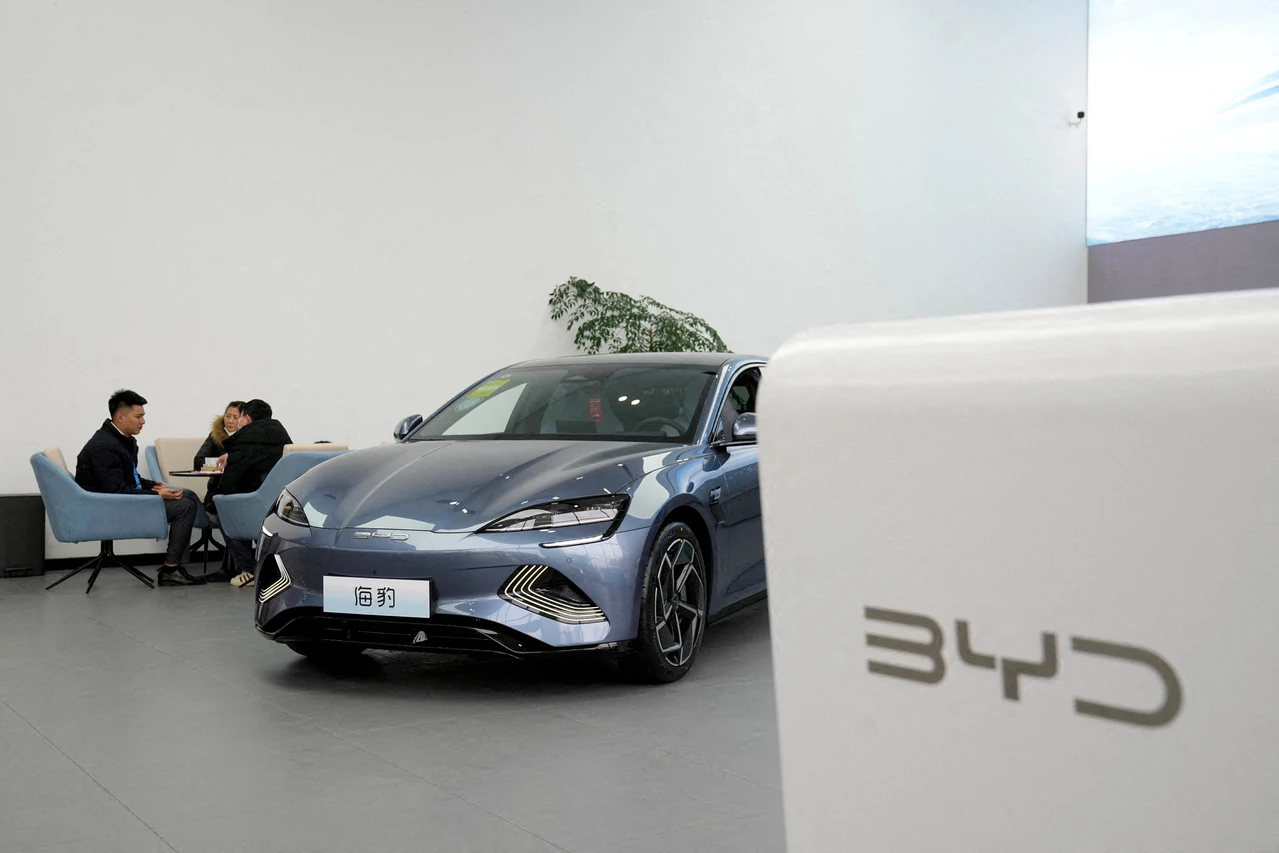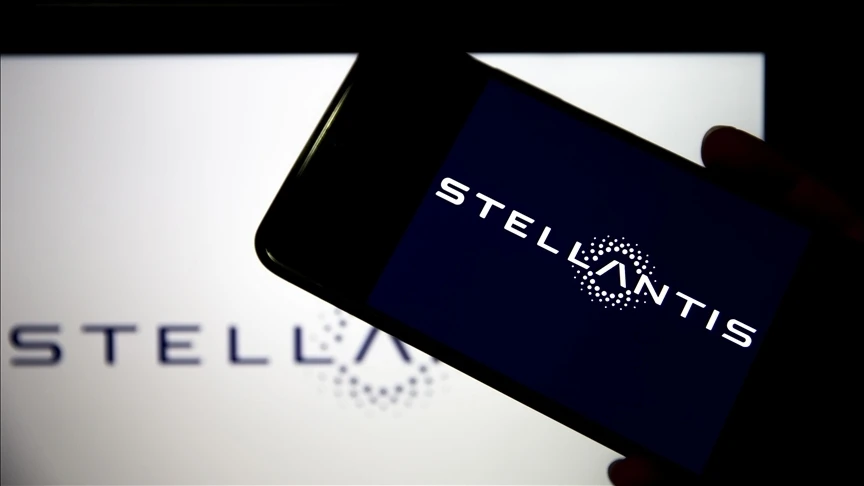EU imposes provisional duties on Chinese EV imports amid tensions
 BYD Seal electric vehicle (EV) is displayed at a car dealership in Shanghai, China, February 3, 2023. (AFP Photo)
BYD Seal electric vehicle (EV) is displayed at a car dealership in Shanghai, China, February 3, 2023. (AFP Photo)
The European Union announced on Thursday the imposition of extra provisional duties of up to 38 percent on Chinese electric vehicle (EV) imports, citing Beijing’s “unfair” support for its domestic manufacturers. This decision, following a European Commission probe, risks escalating trade tensions with China.
The investigation, initiated last year, concluded that Chinese state subsidies were unfairly undercutting European EV manufacturers. Brussels aims to protect its own industry as it transitions from thermal to electric power.
The Chinese Chamber of Commerce to the EU criticized the tariffs, which come in addition to the existing 10 percent import duties, labeling them as “politically-motivated” and “protectionist.” Despite this, the Chamber expressed hope for a resolution through dialogue.
Opinions in Europe are divided. Germany, home to major auto manufacturers with significant trade relations with China, expressed concerns that the tariffs could backfire if Beijing retaliates against EU exports. Volkswagen described the move as “detrimental,” while BMW’s CEO warned that the tariff conflict “leads to a dead end.”
In contrast, France and Italy support the tariffs in response to the rapidly increasing market share of Chinese EVs in the EU. Sweden shares Germany’s reservations, and Hungary opposes the tariffs outright.
The provisional duties, effective from Friday, are set to be confirmed by a vote of the EU’s 27 member states in November. If approved, they will remain in place for five years.
Valdis Dombrovskis, the EU’s trade chief, stated, “Our investigation concluded that the battery electric vehicles produced in China benefit from unfair subsidisation, which is causing a threat of economic injury to the EU’s own electric car makers.”
The new tariffs affect major Chinese manufacturers, with BYD facing a 17.4 percent duty, Geely 19.9 percent, and SAIC 37.6 percent. Other Chinese producers cooperating with the EU will face a 20.8 percent tariff, while non-cooperative companies will be subject to the maximum 37.6 percent duty.
Tesla, the American EV maker with manufacturing in China, has requested its own duty rate, which will be calculated based on submitted evidence. This tariff will impact the Tesla Model 3, the electric Mini, the Volvo EX40, and other non-Chinese branded cars made in China. A Tesla spokesperson indicated that Model 3 prices might increase “in the short term.”
Despite the tariffs, talks between Chinese and EU trade officials are ongoing. Dombrovskis stated that Brussels will continue “to engage intensively with China on a mutually acceptable solution.” Chinese EV makers Nio and XPeng expressed hope for a resolution and plans to mitigate the impact on consumers without altering their international strategies.
EU officials suggested that if a negotiated solution is reached, the tariffs might not be necessary. However, Dombrovskis emphasized that any outcome must address EU concerns and comply with WTO rules.
Cui Dongshu, secretary-general of the China Passenger Car Association, warned that the tariffs “would obviously have a negative impact on the development of China’s EV industry, especially its development in the EU in the short term.”
China has signaled readiness to retaliate, initiating an anti-dumping probe into pork imports and hinting at further actions. Chinese media also reported discontent with EU investigations into state subsidies in green tech sectors, including wind turbines.
The United States has already increased customs duties on Chinese EVs to 100 percent, and Canada is considering similar measures. Brussels faces a challenging balance between protecting its auto industry and avoiding a trade war with China while meeting its carbon emission reduction targets.
The EU plans to ban new fossil fuel-powered car sales from 2035, promoting a switch to electric vehicles. Chinese-made EVs have seen their EU market share rise from three percent to over 20 percent in three years, with Chinese brands holding about eight percent of that share, according to the European Automobile Manufacturers’ Association.
Germany’s Kiel Institute for the World Economy and Austrian institutes forecast that the higher provisional taxes could reduce vehicle imports from China by 42 percent. They also predicted a 0.3 to 0.9 percent increase in electric car prices in the EU.
German auto manufacturers are concerned that any Chinese retaliation could harm their operations in China. Volkswagen stated that duties are “generally not suitable for strengthening the competitiveness of the European automotive industry in the long term — we reject them.”



